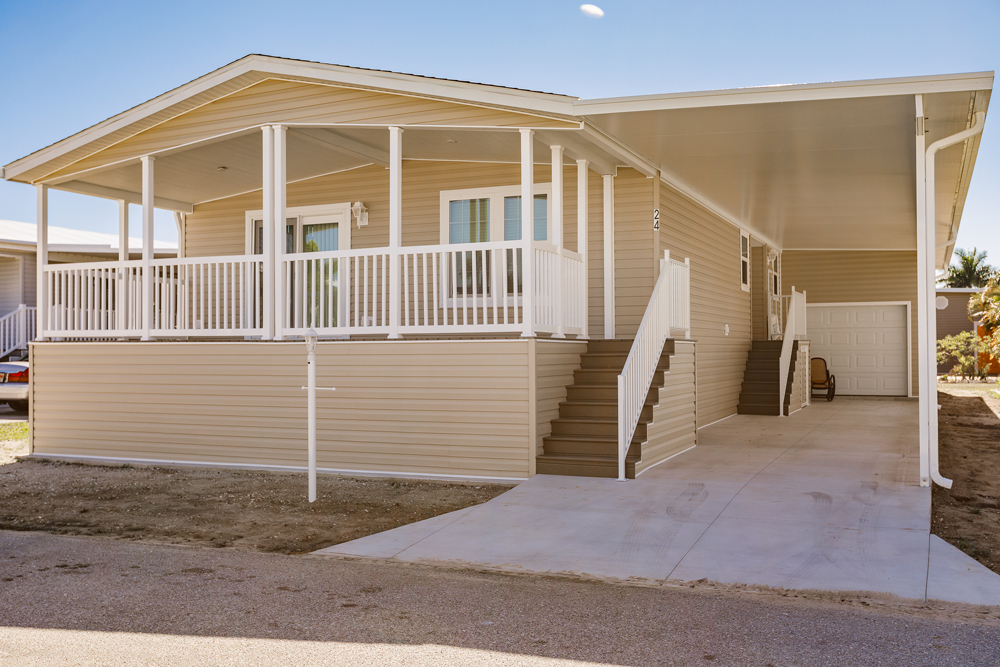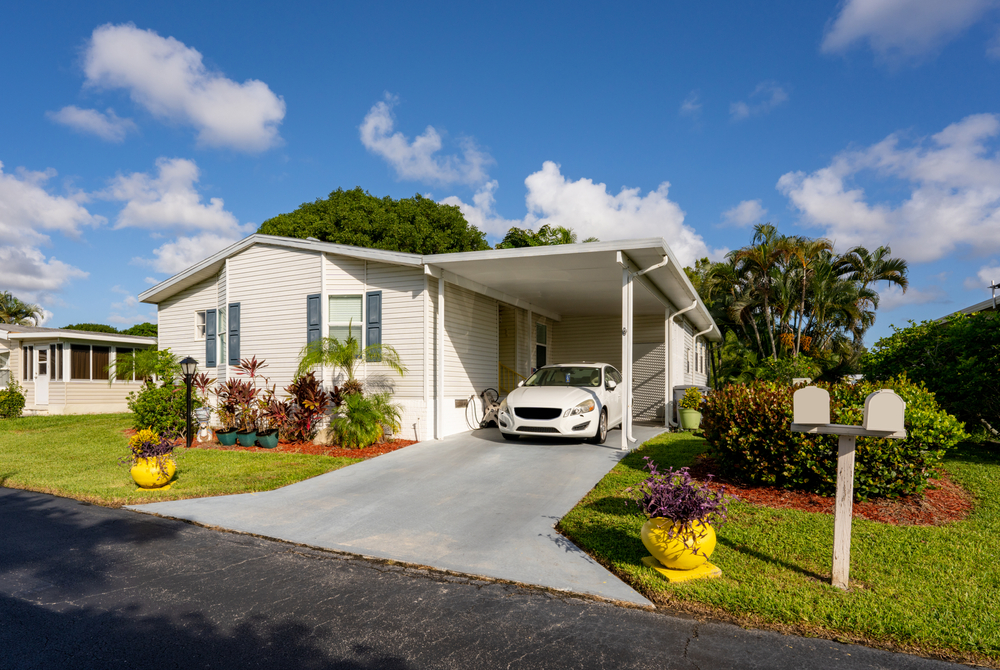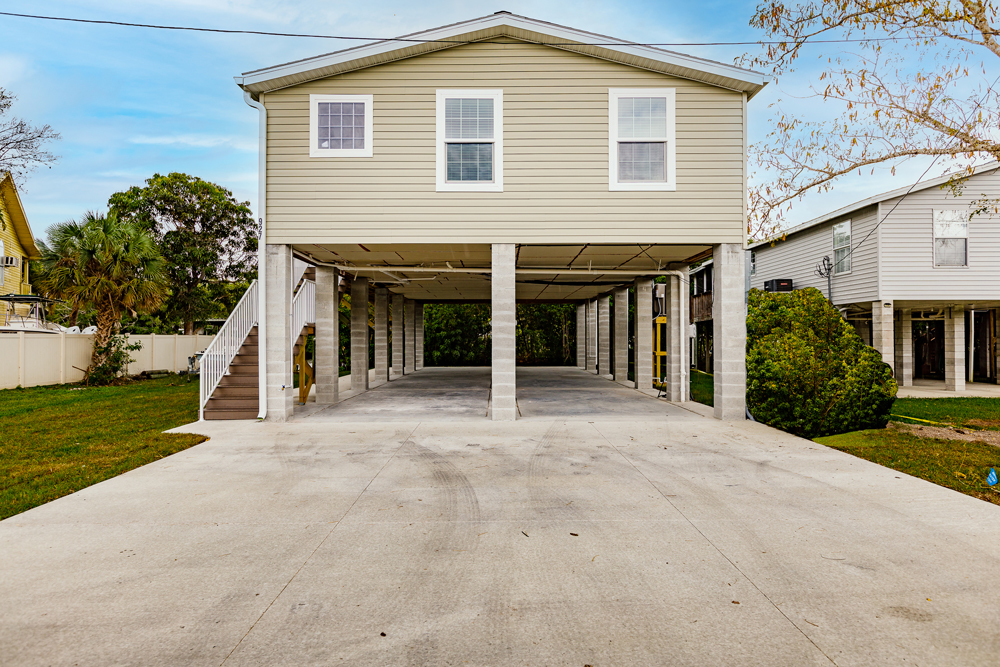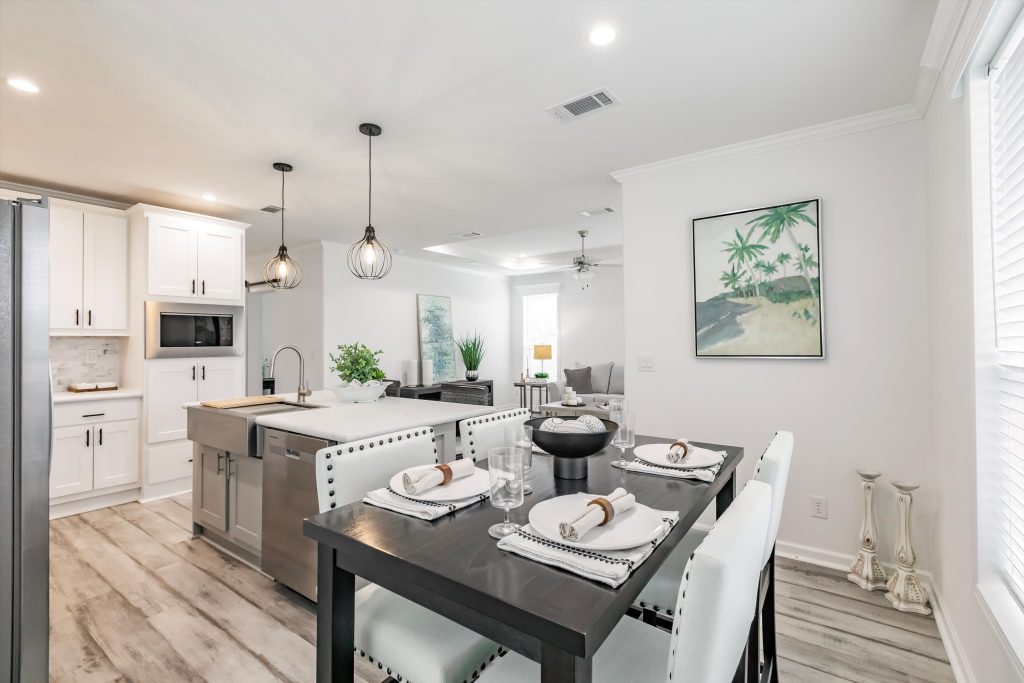
Prefab homes continue to gain popularity across the United States, thanks to their combination of affordability, efficiency, and modern design flexibility. But as more homeowners consider making the switch, one of the most pressing questions they face is: what factors affect prefab home prices in 2025?
The truth is, prefab homes are not a one-size-fits-all product. Just like traditional housing, the cost can vary significantly depending on a number of elements such as materials, labor, location, customization, and even global supply chain conditions. Understanding these cost drivers can help you set a realistic budget, make smarter design choices, and ultimately feel confident in your investment.
Below, we break down the key factors shaping prefab home prices in 2025.
Material and Manufacturing Costs
Materials are at the heart of any prefab home build, and their pricing plays a pivotal role in the final cost. In 2025, fluctuations in raw material costs and advances in manufacturing technologies are some of the biggest drivers of prefab home pricing.
Wood Frame Pricing
The choice of structural frame material is often one of the first and most impactful decisions a buyer makes.
- Wood Frames: Wood remains the traditional choice for prefab construction. It’s readily available, relatively easy to work with, and typically less expensive upfront. In 2025, however, rising timber costs due to global supply pressures and wildfire-related shortages in North America have pushed wood-frame prefab homes higher than in past years. Still, wood is a popular option for buyers looking for a natural look and flexibility in design.
Beyond frames, other materials, such as insulation, roofing, and siding, have also seen price adjustments in 2025.
Impact of Customization and Upgrades
One of the greatest appeals of prefab homes in 2025 is the ability to customize them. Unlike older modular home designs, today’s prefab homes offer nearly endless options, from floor plans to luxury finishes. However, each upgrade adds to the final cost.
Add-on Features and Their Price Tags
Customization is where prices can vary most dramatically.
- Kitchen Upgrades: Prefab homes often come with standard appliance and countertop packages. Opting for quartz countertops, stainless steel appliances, or custom cabinetry can increase costs by several thousand dollars.
- Bathrooms: Spa-inspired bathrooms with walk-in showers, freestanding tubs, or upgraded tilework are popular upgrades in 2025.
- Outdoor Living: Patios, screened porches, and decks are especially popular in warmer climates like Florida.
Even smaller details, such as flooring material, interior paint colors, or built-in storage, can make a difference in total pricing. While standard packages offer cost-effective solutions, every added choice should be weighed carefully against your budget.
Regional Variations in Land and Labor
Location is one of the most significant influences on prefab home prices. Where you build impacts not only land costs but also labor expenses and local requirements.
Local Regulations and Permit Fees
Every state, county, and municipality has different rules when it comes to prefab home construction. These regulations can affect both timelines and costs.
- Permitting: Permit fees for prefab homes vary widely. Some rural areas may have relatively low costs, while urban or coastal regions can impose stricter requirements, pushing fees higher. In 2025, Florida counties, for instance, have increased permitting costs due to heightened building codes aimed at improving hurricane resilience.
- Zoning: Zoning rules can impact whether a prefab home can be installed on certain lots. Buyers may need to invest in additional land preparation—like grading, septic installation, or stormwater management—if zoning and building codes demand it.
- Inspection Costs: Prefab homes must meet both state-level HUD standards and local building codes. This often means additional inspection fees, which vary by jurisdiction.
Beyond regulations, labor costs differ by region as well. Areas with skilled labor shortages, especially in states experiencing housing booms, may charge more for site preparation and installation. For instance, labor costs in Southwest Florida are generally higher than in rural Midwestern states due to higher demand and specialized construction requirements for flood zones and hurricane safety.
Supply Chain Issues and Global Market Pressures
One of the lingering effects of the global pandemic and ongoing geopolitical tensions is the instability of supply chains. While 2025 has brought some improvements, prefab home pricing still feels the ripple effects.
- Material Shipping: Prefab homes rely on precise delivery schedules, as modules are built in factories and shipped to building sites. Any delays in transportation, whether due to fuel costs, driver shortages, or port congestion, can add unexpected costs.
- Global Sourcing: Many prefab components (appliances, fixtures, even certain structural materials) are sourced internationally. Tariffs, import restrictions, and currency fluctuations continue to impact final home prices in the U.S.
- Energy Costs: Rising fuel and energy prices affect both manufacturing facilities and transportation. These costs, in turn, are passed on to homeowners.
Buyers in 2025 are encouraged to choose builders who maintain strong supplier relationships and who can provide transparency around sourcing and potential delays. Working with an experienced, local prefab home supplier can help reduce risks associated with global supply chain instability.
Balancing Cost with Long-Term Value
While all these factors, materials, customization, location, and supply chain issues, affect the upfront price of prefab homes, it’s important to remember that long-term value is equally critical. Energy-efficient upgrades, durable materials, and thoughtful siting can save thousands of dollars over time in reduced utility bills, lower maintenance costs, and increased resale value.
For instance, investing in hurricane-resistant construction in Florida may increase upfront costs, but it provides peace of mind, reduced insurance premiums, and resilience that pays off over the life of the home.
What This Means for Homebuyers in 2025
Prefab homes in 2025 remain a cost-effective and appealing choice for many buyers; however, understanding the factors that drive pricing helps avoid surprises. From the material you choose for your frame to the type of kitchen finishes you prefer, and from local permitting fees to the state of global supply chains, every element contributes to the final investment.
If you’re considering prefab or manufactured housing, the key is to work with a builder who can guide you through these decisions and offer transparent, upfront pricing while also tailoring your home to your needs.
Build Your Dream Home with LeeCorp Homes
If you’re considering a manufactured home in Southwest Florida, LeeCorp Homes is ready to help. A family-owned business founded in 1983, we’re committed to quality craftsmanship and ensuring you get a home you can be proud of. No matter your lifestyle, we can create a home that’s right for you—whether you’re thinking of a simple single-wide hideaway, a waterfront stilt home, or a three-bedroom home designed to welcome friends and family, we’re ready to make your plans a reality.
As specialists in manufactured homes, we know how to help you get the most from your home. That includes ensuring your home meets local zoning and building requirements, strategic siting that takes full advantage of waterfront or golf course views, and even ADA compliance for extra peace of mind. If you want to install a home on your own property, we provide full site development services, everything from grading to well and septic system installation.
We also provide state-of-the-art replacement homes if you’re ready for an upgrade from an existing manufactured home. We make the homebuilding process simple by overseeing every step—from permits to construction to finishing touches like landscaping, sunrooms, and carports.
At LeeCorp Homes, we believe in simple and transparent pricing. Our goal is to make sure you feel confident and excited about your home every step of the way.
Ready to start your journey? Contact us today to learn more about how we can bring your dream prefab or manufactured home to life.




